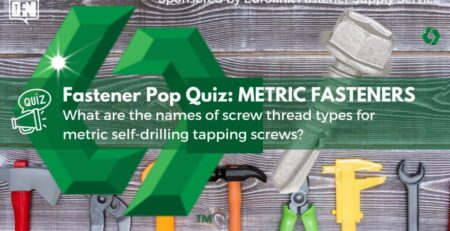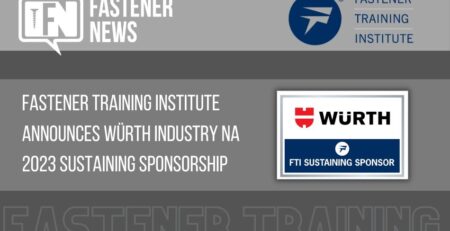Industrial Subsectors Seeing Depressed Valuations

Written by: Sarah Cohen
Residential construction and automotive manufacturing have shown weakness as buyers take a wait-and-see approach.
Some subsectors of industrial services have experienced depressed valuations as they struggle with cyclicality, inflation and supply chain shortages, sources tell Mergers & Acquisitions.
Residential construction and automotive manufacturing have shown weakness, says Eric Andreozzi, head of industrial services at Deloitte Corporate Finance LLC. “Subsectors at the start of a difficult cycle are having more struggle in the market,” he says. “Private equity investors don’t want to get caught buying companies at or near the top of a cycle, so they take a ‘wait-and-see’ attitude,” causing backlogs and slowing sale pipelines.”
Industrial dealflow is down “slightly” from the past few years, Andreozzi says. Some subsectors like logistics and packaging remain strong. “But bankers are holding off on taking clients to market given the quite recent downturn in investor sentiment, so we suspect that there will be a lull until more certainty presents itself on the direction of the economy,” he adds.
Disruptions to the supply chain have impaired manufacturing deals this year, says Helana Robbins Huddleston, partner at Cohn Reznick Advisory. Two years ago, Covid-19 reduced demand for cars and the semiconductors that go into them. At the same time, demand for electronics and chips that power them increased, but fabrication closures, shortages in labor, and logistic problems created backlogs.
“We couldn’t get computer chips from China,” says Huddleston. “Car buyers have to find used cars. It’s about supply and demand. Deals this year aren’t as high quality as last year. There’s a wider gap between seller and buyer. Negotiating takes longer.”
Weaker subsectors of industrials pulled down average ebitda multiples a couple of turns, Andreozzi adds. “Multiples across building products, manufacturing and automotive are constantly in flux due to today’s unsteady market.”
Buyers in the industrials sector are more cautious than they have been in the prior two years, as they analyze the historical impact of the pandemic, effects of inflation, a looming recession and other macroeconomic threats, says Andreozzi.
Acquirers in the first half of the year were nearly as active as 2021, but in the last few months, the accumulation of macroeconomic threats have made investors wary, says Andreozzi. “We expect more of what has been happening these latest few months to continue through 2022,” he mentions. “There are numerous and competing economic indicators hitting our news feeds, and those can be somewhat paralyzing to the markets, which crave certainty in any direction.”
RELATED CONTENT:
ParkOhio Announces Second Quarter 2022 Results and Completes Two Acquisitions
Industrial Distribution M&A Remains Active Amid Market Uncertainty
Featured, Mergers & Acquisitions, Supply Chain, Supply Chains













Leave a Reply